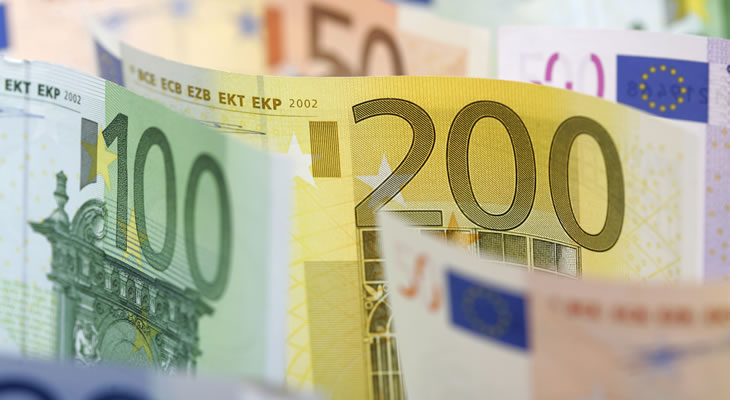Eurozone Manufacturing Sector Contraction Weighs on Euro Pound Sterling (EUR/GBP) Exchange Rate
As the Eurozone manufacturing sector remained in a state of contraction in April this left the Euro to Pound Sterling (EUR/GBP) exchange rate on a downtrend.
While the index saw a modest improvement on the month this was not enough to return the sector to a state of positive growth, limiting the appeal of the Euro (EUR).
Although the French services PMI edged back into expansion territory worries over the economic outlook remain, limiting the impact of the improvement.
The underwhelming nature of April’s raft of Eurozone manufacturing and services PMIs gave investors little cause for confidence, pointing towards a continued weakening of growth.
As Chris Williamson, Chief Business Economist at IHS Markit, commented:
‘The Eurozone economy started the second quarter on a disappointing footing, with the flash PMI falling to one of the lowest levels seen since 2014. The data add to worries that the economy has failed to rebound with any conviction from one-off factors that dampened activity late last year, and continues to show only very modest growth in the face of headwinds from slower global demand growth and subdued economic sentiment.’
With the Eurozone facing a further loss of economic momentum the mood towards the Euro naturally soured on Thursday morning.
Strong Surge in UK Retail Sales Boosts Pound Sterling (GBP)
Demand for Pound Sterling (GBP) picked up, meanwhile, as UK retail sales excluding auto fuel surged 6.2% on the year in March.
This strong showing indicates that consumers by and large shrugged off Brexit-based anxiety last month, continuing to spend in the face of political uncertainty.
Coupled with recent signs of accelerating wage growth this gave investors fresh cause for confidence in the economic outlook, in spite of a lack of progress over Brexit.
As long as retail sales continue to make solid growth this should help to bolster the health of the wider UK economy, keeping GBP exchange rates on a stronger footing.
However, as long as markets continue to lack any real sense of clarity over Brexit and the UK’s future relationship with the EU any Pound Sterling gains could prove limited in nature.
Euro (EUR) Exchange Rates Vulnerable to Weak Eurozone Consumer Confidence
The mood towards the Euro could sour further next week if April’s Eurozone consumer confidence index fails to show signs of picking up.
As long as consumer sentiment remains firmly within negative territory markets may struggle to find incentive to buy into the single currency.
With the European Central Bank (ECB) looking set to leave interest rates on hold for the foreseeable future the upside potential of EUR exchange rates appears limited.
Unless consumer confidence shows a significant increase on the month the EUR/GBP exchange rate looks vulnerable to further losses on Tuesday.
However, a stronger showing from the latest German IFO business sentiment survey could still offer the Euro some cause for optimism next week.


Comments are closed.